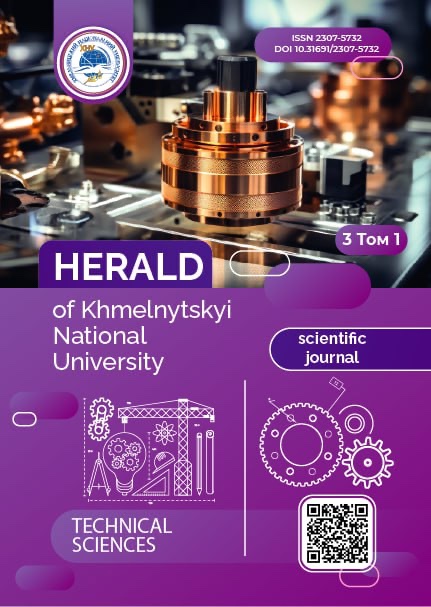METHODOLOGY FOR OPTIMIZING INTELLIGENT SYSTEMS BASED ON DATA FROM CONFIDENCE RULES
DOI:
https://doi.org/10.31891/2307-5732-2025-351-10Keywords:
rule-based intelligent systems, data, optimization, learning, evolutionary algorithm, differential evolution, model adaptabilityAbstract
This article addresses the problem of increasing the efficiency of intelligent decision support systems through the implementation of fuzzy rules, with a central focus on the fuzzification of rule antecedents and consequents. A hybrid approach is proposed that incorporates an evolutionary algorithm for optimizing the learning parameters of fuzzy sets and a heuristic algorithm for adaptively adjusting the structure of the fuzzy rule base. A cyclical optimization process is developed to ensure a gradual improvement in model accuracy and adaptability by adjusting weighting coefficients, fuzziness levels, and the number of fuzzy rules. A stopping criterion for the optimization process is defined, guaranteeing a balance between system performance and computational efficiency. The proposed methodology integrates the concept of intelligent systems with the use of fuzzified antecedents and consequents, contributing to the enhanced accuracy of modeling and predicting optimal control parameter values. The optimization approach is based on principles where the evolutionary algorithm fine-tunes the parameters of the fuzzy sets, while the heuristic algorithm adaptively modifies the structure of the fuzzy rule base. This allows for an effective balance between expanding and narrowing the solution search space, which in turn improves the quality of the optimization results and the system's ability to adapt to changing environmental conditions. Furthermore, the developed learning mechanism for systems based on fuzzy rules enhances decision-making accuracy under conditions of high uncertainty through adaptive parameter adjustments and structural component optimization. The results demonstrate the high efficiency of the proposed approach, reducing the risk of erroneous decisions and improving system performance under unstable input conditions. The application of this methodology is promising in fields such as forecasting and data analysis, the management of complex technological processes, energy, cybersecurity, automated control systems, and other high-tech industries that require flexible and adaptive optimization approaches considering the fuzzy nature of input data and decisions.
Downloads
Published
Issue
Section
License
Copyright (c) 2025 РОМАН ВОВК, ВЛАДИСЛАВ ТРІЩ, ОЛЕКСІЙ БОГДАН (Автор)

This work is licensed under a Creative Commons Attribution 4.0 International License.

